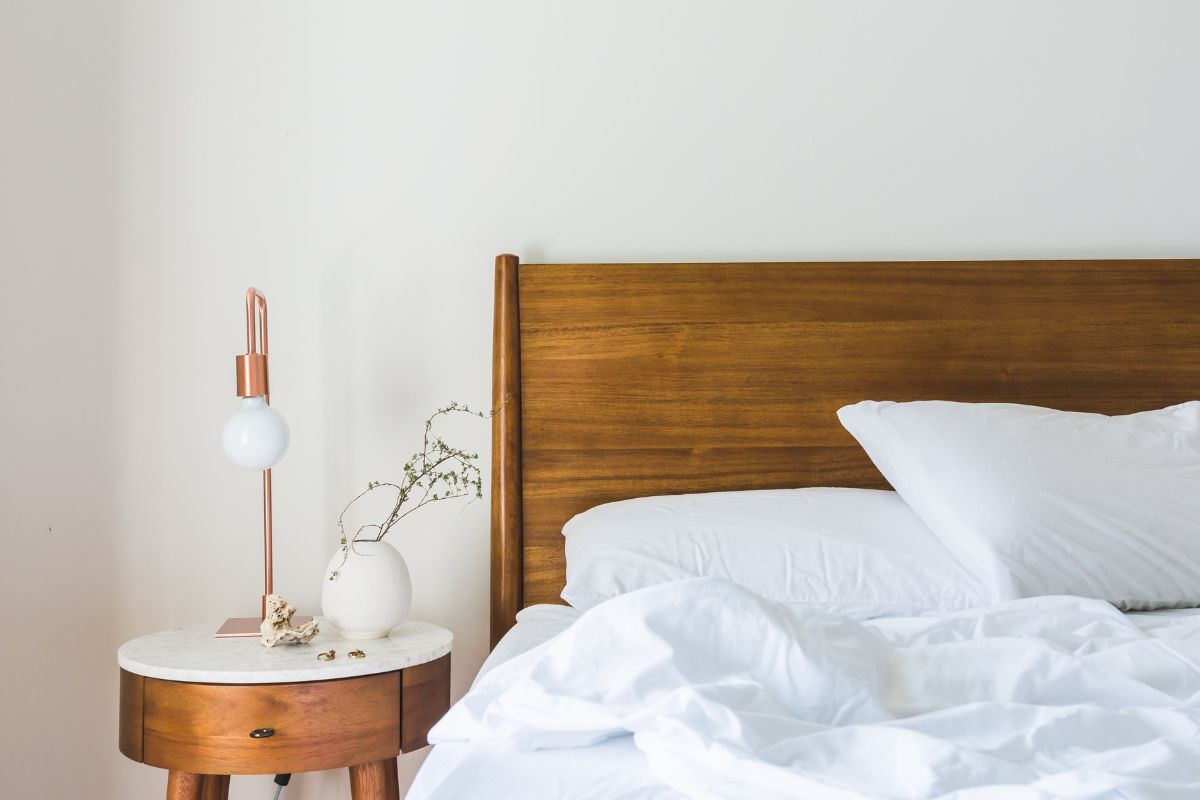Tips For Healthy Traveling:
The world has many amazing places to discover, but traveling to new places can sometimes make us sick. But by following some important tips, you can stay healthy and have a great travel experience. Here are some tips for staying healthy while traveling, as recommended by Dr. Ole Vielemeyer, medical director of Infectious Disease Associates and Travel Medicine at NewYork-Presbyterian/Weill Cornell Medical Center:
1) Get the Right Vaccination:
Getting the right vaccinations is essential for staying healthy while traveling. Here’s why:
- In some countries, there are different diseases compared to where you live. Vaccines help keep you safe from serious sicknesses that might not be common in your country. Diseases like yellow fever, Hepatitis A, typhoid, and others can spread through contaminated food and water or insect bites.
- Some countries require specific vaccinations for entry. Without these, you might not be allowed to enter a particular country or even quarantined upon arrival.
- When you get vaccinated, you’re not only keeping yourself safe but also helping the people in the place you’re visiting. This reduces the chance of diseases spreading and keeps both travelers and locals healthy.
2) Consult A Travel Specialist:
- Travel experts stay updated on the latest travel tips and disorder outbreaks from relied-on resources like the Centers for Disease Control and Prevention (CDC) and the World Health Organization (WHO). This guarantees you acquire the maximum present-day and accurate records to make knowledgeable choices regarding your health and protection while traveling.
- Consulting a travel specialist is an investment in your health and well-being, offering peace of thoughts and minimizing the risk of encountering fitness troubles at some point in your travels.
- They make certain you are updated on essential vaccinations and propose any extra ones particular on your destination.
- They can guide you about medicines you might need, like Anti-Malarial Drugs for certain areas.
- They offer steerage on hygiene practices, food, and water protection, and solar protection specific to your selected place.
3) Prioritize sleep:

- When you sleep, your body produces cytokines, proteins that help fight off contamination and infection. Adequate sleep strengthens your immune system, making you less at risk of catching illnesses like the commonplace bloodless or flu, which might be especially popular in strange environments. As Dr. Ole Vielemeyer, a tour medication professional, emphasizes, sleep performs an essential position in retaining desirable health at the same time as visiting.
- Traveling across time zones disrupts your herbal sleep-wake cycle, mainly due to jet lag. Symptoms like fatigue, daytime sleepiness, and difficulty concentrating can considerably affect your travel enjoyment. Prioritizing sleep upon arrival helps your body adjust to the new schedule quicker, minimizing the consequences of jet lag and allowing you to enjoy the trip.
- When sleep-deprived, your cognitive abilities like focus, memory, and decision-making can be impaired. Getting sufficient sleep guarantees you’re alert and sharp throughout your travels, allowing you to navigate unusual places, make knowledgeable selections, and respect your surroundings extra absolutely.
- Travel often involves extended periods of activity and exploration. Prioritizing sleep replenishes your energy reserves, which allows you to tackle your journey with enthusiasm and participate in activities throughout the day without feeling exhausted.
- Adequate sleep is essential for maintaining a healthy body and mind. It regulates mood, reduces stress, and improves mental clarity. By prioritizing sleep, you ensure you’re feeling your best throughout your travel journey, allowing you to create lasting memories and enjoy the unique experiences your destination offers.
Therefore, prioritizing sleep is not just about feeling good, it’s an essential element for maintaining a healthy and enjoyable travel experience. Aim for 7-9 hours of sleep per night, even while traveling, to ensure your well-being and maximize the joy of your adventure.
4) Stay hydrated:
Staying hydrated is very important for good health while traveling. Here’s why:
- When dehydrated, your body’s ability to fight off infections and illnesses reduces, making you more susceptible to traveler’s diarrhea, colds, and other health concerns.
- Dehydration lessens your body’s energy reserves, leading to fatigue, sluggishness, and difficulty concentrating. This can significantly impact your travel experience, hindering your ability to explore and enjoy your activities.
- Dehydration can cause headaches and dizziness, making you feel uncomfortable.
- Avoid sugary drinks like soda and juice, as they can dehydrate you further and contribute to weight gain.
- Travel can disrupt your routine and diet, and dehydration can further intensify constipation, resulting in discomfort. So staying hydrated is very necessary for comfortable traveling.

5) Eat Healthy:
- Choose cooked and peeled fruits and vegetables, stick to bottled or boiled water, and avoid unpasteurized dairy products.
- Eating fiber-rich foods like fruits, vegetables, and whole grains aids digestion and prevents constipation, a common travel concern.
- Look for restaurants offering fresh ingredients, balanced meals, and vegetarian or vegan options if needed.
- Pay attention to portion sizes to avoid overeating, which can lead to sluggishness and discomfort.
- By fueling your body with nutritious meals and snacks, you’ll feel better both physically and mentally, enhancing your overall travel experience.
6) Pack smart:
By packing smart, you equip yourself with the gear and necessities needed to maintain top hygiene, stay comfortable, and manage surprising conditions. This contributes considerably to a healthful and fun tour.
- Packing hand sanitizer, disinfecting wipes, and soap can help you maintain good hygiene on the go, especially when access to clean water and soap is limited. This reduces your risk of picking up germs and getting sick.
- Packing short-drying garments or using laundry detergent pods lets you easily wash clothes in your room or hostel, making sure you’ve got clean garments in the course of your journey.
- Pack familiar gadgets like a nap mask, earplugs, or a neck pillow can beautify your sleep.
- Packing familiar items like a sleep mask, earplugs, or a comfortable neck pillow can enhance your sleep quality while traveling, contributing to overall well-being and energy levels.
- Pack a compact first-useful resource kit containing simple pain relievers, bandages, and antiseptic wipes that permit you to deal with minor cuts, scrapes, or illnesses while traveling, imparting peace of mind and lowering pressure.
7) Deep Breathing exercises:
If you feel nervous during flights, try this easy trick: breathe in through your nose and out through your mouth, counting to five with each breath. Gradually take deeper breaths, aiming to count to 10, until you start feeling calm. You can also try meditating. If you often have trouble sleeping before flights or get panic attacks while flying, talk to your doctor or mental health provider about possibly taking anti-anxiety medication for traveling.
8) Sun protection:
Apply sunscreen with SPF 30 or higher and wear protective clothing, especially during peak sunlight hours and after swimming or sweating. That can prevent skin burns and rashes.
Public Queries:
How to stay active while traveling?
Walking, sightseeing tours, yoga, and hotel gym facilities are some options to maintain physical activity while on the go.
How to manage stress while traveling?
Practice relaxation techniques like meditation or deep breathing, plan your itinerary realistically, and allow yourself enough time for activities to avoid feeling rushed.
What to do if I get sick while traveling?
Seek professional medical attention as soon as possible. Many destinations have tourist clinics or hospitals catering to international travelers.
How to stay hydrated while traveling?
Carrying a reusable water bottle, setting reminders to drink water regularly, and prioritizing water over sugary drinks are key strategies.
What to pack in a travel first-aid kit?
Essentials include pain relievers, antihistamines, diarrhea medication, antiseptic wipes, and any medications you regularly take.
How to deal with jet lag while Traveling?
Adjusting your sleep schedule gradually before and after your trip, staying hydrated, and getting exposure to sunlight can help mitigate jet lag.
Summary: Staying healthy while traveling involves getting the right vaccinations, prioritizing sleep to combat jet lag, staying hydrated to avoid fatigue, eating nutritious foods, and packing smart for hygiene and comfort. Practicing deep breathing exercises and using sun protection are additional measures to ensure a safe and enjoyable travel experience.






